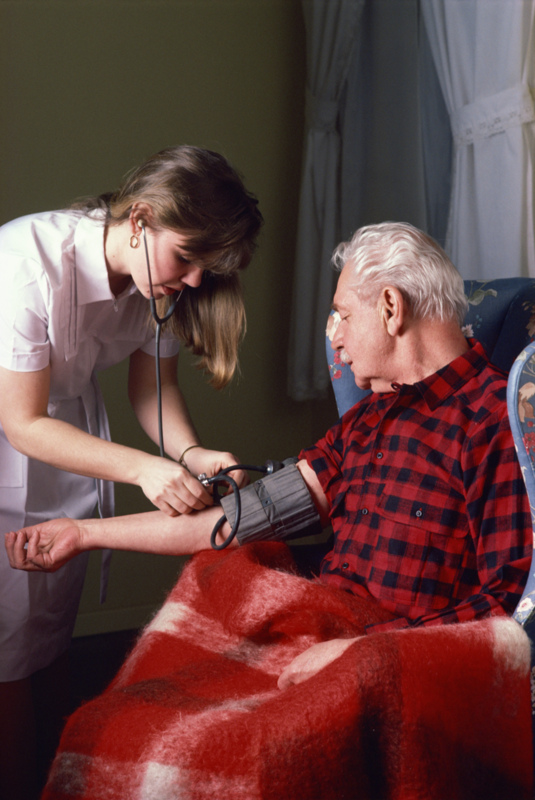
FRIDAY, March 12 (HealthDay News) — Elderly people with failing memories often keep driving, but a study of Alzheimer’s patients suggests the risk of getting lost — even on familiar streets — may be greater than once thought.
Even with early dementia, there may be no safe period behind the wheel because the disease is unpredictable, said Linda Hunt, an associate professor in the School of Occupational Therapy at Pacific University, Oregon, and author of a new study.
“Alzheimer’s disease affects memory and navigational skills. These impairments may lead to getting lost, which is a life-threatening problem,” Hunt said. “Family members and friends of individuals with dementia need to recognize these impairments as serious threats to safety for anyone who has dementia.”
It is estimated that 30 to 45 percent of Alzheimer’s patients continue to drive after diagnosis.
About 5.3 million Americans have Alzheimer’s, the most common form of dementia, a progressive brain disease causing a variety of mental impairments that include memory loss, inability to recognize objects, problems with reasoning and judgment, and getting lost. As the population ages, the number of Americans with Alzheimer’s is expected to triple to 16 million by 2050.
The study, published in the March-April issue of the American Journal of Occupational Therapy, looked at media stories published between 1998 and 2008 that involved Alzheimer’s patients reported missing.
Of 207 drivers with Alzheimer’s who went missing while driving, 32 died and 35 were found injured, the research showed. Another 70 were not found at the time the data was analyzed. Some had driven for almost two days and covered more than 1,700 miles while lost. Most had set off on routine trips to the post office, store or a relative’s house.
“We all want to avoid an older person having a tragic ending,” said Hunt, who noted that passengers, other drivers and pedestrians are also at risk.
One New Jersey couple in the study, both with dementia, got lost on a trip to the store and drove around until they ran out of gas. The husband went for help but was unable to direct authorities to his car. His wife was found dead several days later.
Hunt, who thinks the problem is “bigger than we realize,” called her study “the tip of the iceberg.” The public needs to become more aware of this problem because it has been previously thought that Alzheimer’s patients’ driving ability need only be monitored, said Hunt.
Only six states — Oregon, California, Nevada, Delaware, Pennsylvania and New Jersey — have mandatory reporting laws when a doctor finds a patient is mentally impaired. Sometimes those who have lost a license get it restored. When people suspected of being unable to drive safely are examined, the tests are brief and navigational ability is not evaluated, said Hunt.
However, advocates for Alzheimer’s patients believe that driving privileges should not be terminated upon a diagnosis. Elizabeth Gould, director of quality care programs at the Alzheimer’s Association’s national office in Chicago, said it is not always necessary to stop driving right away.
“Our position is that a diagnosis alone is not sufficient to have someone’s driving privileges taken away because many people in the early stages can still drive safely,” said Gould. “It (driving) needs to be monitored.” Evaluations need to be done periodically by a professional, such as an occupational therapist, she added.
Gould urges family members to begin a conversation upon diagnosis, using “a gentle appeal.” In the early stages, the patient will have more insight into the problem, she said. If it is decided the patient can no longer drive, the doctor can “play the heavy,” she said.
The Alzheimer’s Association offers a web-based program called “Comfort Zone” that families of Alzheimer’s patients can use if the person can still drive safely in familiar places. The driver agrees to limit driving to a “comfort zone,” and a global positioning system (GPS) monitors driving. If the driver leaves the area, the family is notified in real time.
More information
There’s more on Alzheimer’s disease at the Alzheimer’s Association.

